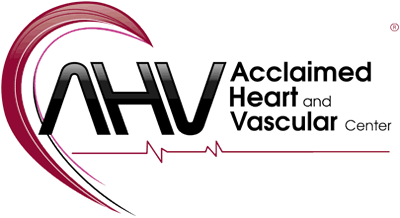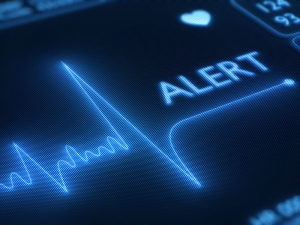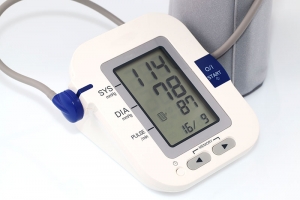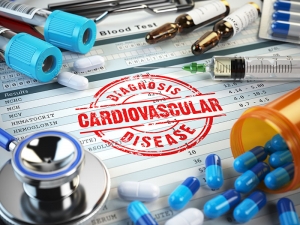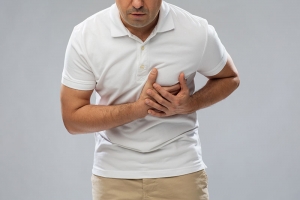What is Heart Failure?
Heart failure, sometimes known as congestive heart failure, occurs when your heart muscle doesn't pump blood as well as it should. Certain conditions, such as narrowed arteries in your heart (coronary artery disease) or high blood pressure, gradually leave your heart too weak or stiff to fill and pump efficiently.
Currently, heart failure has no cure. However, treatments—such as medicines and lifestyle changes—can help people who have the condition live longer and more active lives. Researchers continue to study new ways to treat heart failure and its complications.
Prehypertension – what it is and what to do about it
Prehypertension is a warning sign that you may get high blood pressure in the future. High blood pressure increases your risk of heart attack, stroke, coronary heart disease, heart failure, and kidney failure. There's no cure for high blood pressure, but there is treatment with diet, lifestyle habits, and medications.
What is Heart Disease?
Heart disease, also called Heart and blood vessel disease, describes a range of conditions that affect your heart. There are many diseases that are categorized as heart disease, including coronary artery disease, arrhythmias (heart rhythm problems, and congenital heart defects (heart defects you are born with), among many others.
According to the World Health Organization and the CDC, Heart Disease is the leading cause of death in the US, UK, Canada and Australia1. Currently, 26.6 million US adults (11.3% of the adult population) is diagnosed with Heart Disease. 23.5% of all deaths in the US today are caused by heart disease2.
What is Tachycardia?
Tachycardia refers to a fast-resting heart rate - usually at least 100 beats per minute. Tachycardia can be dangerous, depending on its underlying cause and on how hard the heart must work.
In general, the adult resting heart beats between 60 and 100 times per minute. When an individual has tachycardia, the upper and/or lower chambers of the heart beat significantly faster.
Our heart rates are controlled by electrical signals that are sent across the tissues of the heart. When the heart produces rapid electrical signals, tachycardia occurs.
When the heart beats too rapidly, it pumps less efficiently and blood flow to the rest of the body, including the heart itself, is reduced.
What is Bradycardia?
A heart rate of less than 60 beats per minute (BPM) in adults is called bradycardia. What's too slow for you may depend on your age and physical condition.
- Physically active adults (and athletes) often have a resting heart rate slower than 60 BPM but it doesn't cause problems and is normal for them.
- Your heart rate may fall below 60 BPM during deep sleep.
- Elderly people are more prone to problems with a slow heart rate.
